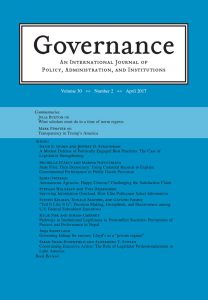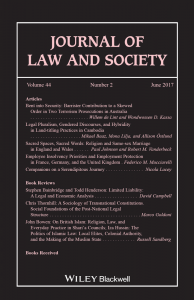Net Neutrality: Must Freedom Be Organized?
 by pj.rey
by pj.rey
Net neutrality” is a phrase that emerged almost immediately as access to the Internet was extended in the 1990s to non-specialized home-users as a consumer product. It refers to the idea (and corresponding movement) that Internet providers ought to provide equal access to every site on the web.
Advocates of net neutrality argue, for example, that users should experience the same connection speeds whether viewing the web page of their local bookstore or shopping online at Amazon.com. These supporters believe that, if large corporations could pay providers for preferential treatment, smaller retailers would be driven out of the market, reducing competition. Similarly, large political organizations might pay to make their information easier to access than that of their marginalized competitors.
President Obama recently reaffirmed his campaign commitment to maintain net neutrality via government regulation. Yet, Internet service providers (many of whom are venerable Telecom companies struggling to maintain profitability in a new technological milieu) are lobbying hard to be able to capitalize on their ability to stratify access.
The struggle between actors for and against net neutrality revives an age-old cleavage in the very ethos of modern Western culture: We are forced, again, to question whether freedom is itself the default tendency of market economies, or whether such economies tend naturally toward unfreedom, needing regulation to be sustained.
The eminent 20th Century Hungarian economist, Karl Polanyi, was, perhaps, history’s most vocal critic of the ideology of self-regulating markets. Polanyi observes that markets do not emerge in a vacuum. Indeed, states have always created the conditions for the possibility of free markets and, as such, are always prior to markets.
Polayni’s spector now haunts this new debate as well. For, yet again, we ask ourselves: Are there controls and restrictions which, on the whole, create more freedom in their presence than in their absence? If so, then Polyani’s economic theories might prove to be as germane to the the 21st Century as the one which preceded it.
![]() “F.C.C. Seeks to Protect Free Flow of Internet Data”
“F.C.C. Seeks to Protect Free Flow of Internet Data”
![]() “Internet: International Regulation, Wolfgang Kleinwächter, ed. Wolfgang Donsbach
“Internet: International Regulation, Wolfgang Kleinwächter, ed. Wolfgang Donsbach
Add to: Facebook | Digg | Del.icio.us | Stumbleupon | Reddit | Blinklist | Twitter | Technorati | Furl | Newsvine






1 Response
[…] Net Neutrality: Must Freedom Be Organized? (Reposted from Sociology Lens) […]